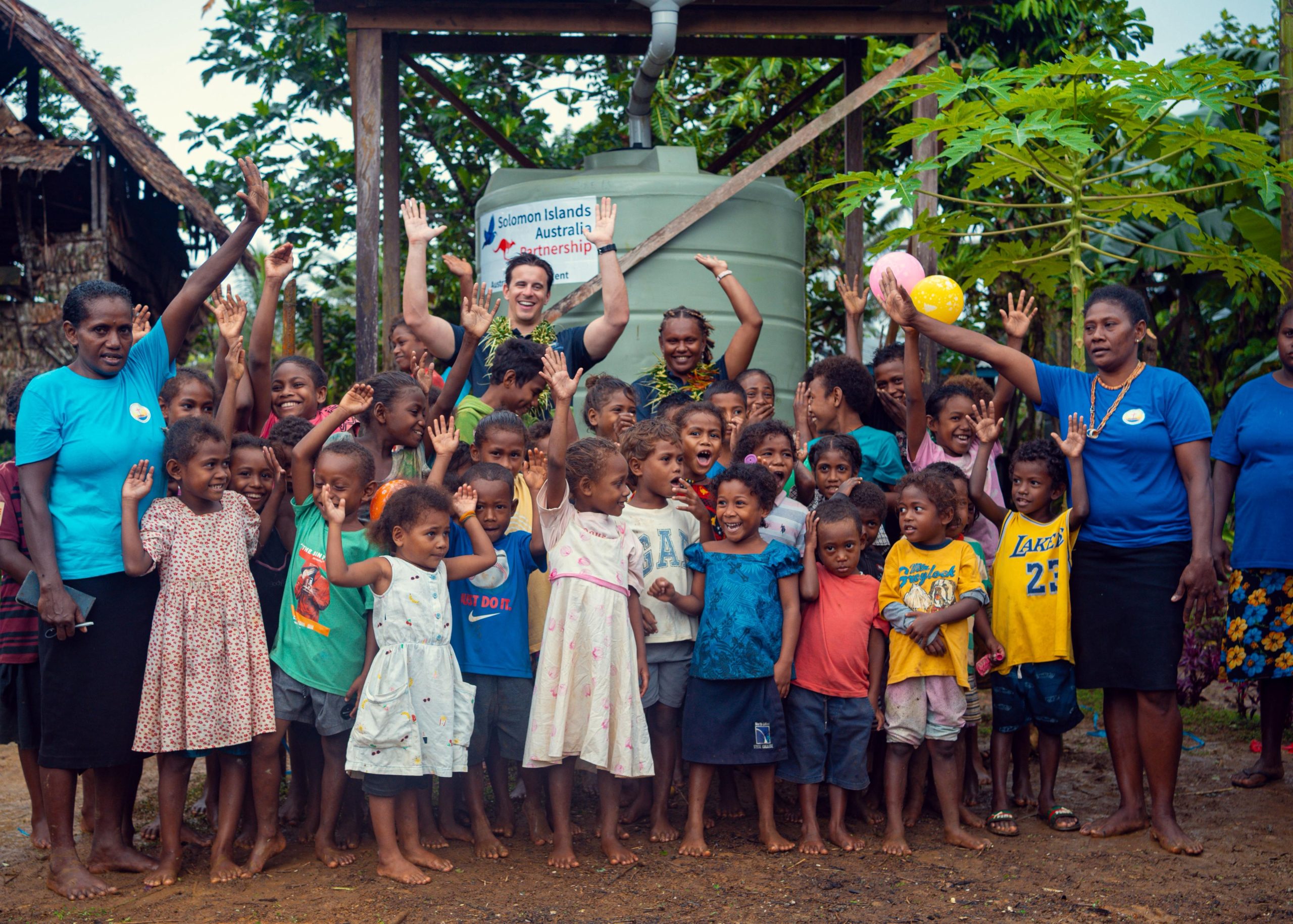Apia, Samoa – 02 July 2025 – The United Nations Development Programme (UNDP) has handed over Samoa’s Third National Communication on Climate Change Report and its First Biennial Update Report to the Government of Samoa.
The report was handed over through the Ministry of Natural Resources and Environment (MNRE), marking a significant milestone in Samoa’s transparency in climate actions and its continued commitment to global climate action.
The Report provides a comprehensive update on Samoa’s national greenhouse gas (GHG) inventory, progress on mitigation and adaptation, and identifies the ongoing challenges, including limitations in technical capacity, finance, and data systems.
While Samoa’s GHG emissions remain negligible globally, the report confirms that the impacts of climate change on Samoa are profound, accelerating, and already experienced by communities.
Despite these challenges, the report reflects Samoa’s resilience and leadership. Adaptation efforts continue across key sectors including agriculture, water, health, tourism, and biodiversity, with resilience integrated into national and community plans.
Samoa also leads in gender-responsive climate governance, community-driven adaptation, and renewable energy transition, with renewable electricity generation surpassing 32% in 2023.
During the official handover, the Chief Executive Officer (CEO), Lealaisalanoa Frances Brown Reupena, stated this communication not only report our realities but guide Samoa’s ambition.
“Let it inform not only negotiators at COP summits but leaders and families across our island… may it (continue to) inspire all of us to move beyond commitments and into sustained action for a Samoa that not only survives climate change but leads with integrity in shaping global solutions,” said Lealaisalanoa.
The Government of Samoa acknowledges the support of the UNDP, the Global Environment Facility (GEF), and all national stakeholders, including ministries, civil society, the private sector, academia, and communities, whose collective contributions enabled the development of Samoa’s First Biennial Update Report, Third National Greenhouse Gas Inventory, and the Climate Change and Gender Strategy.






